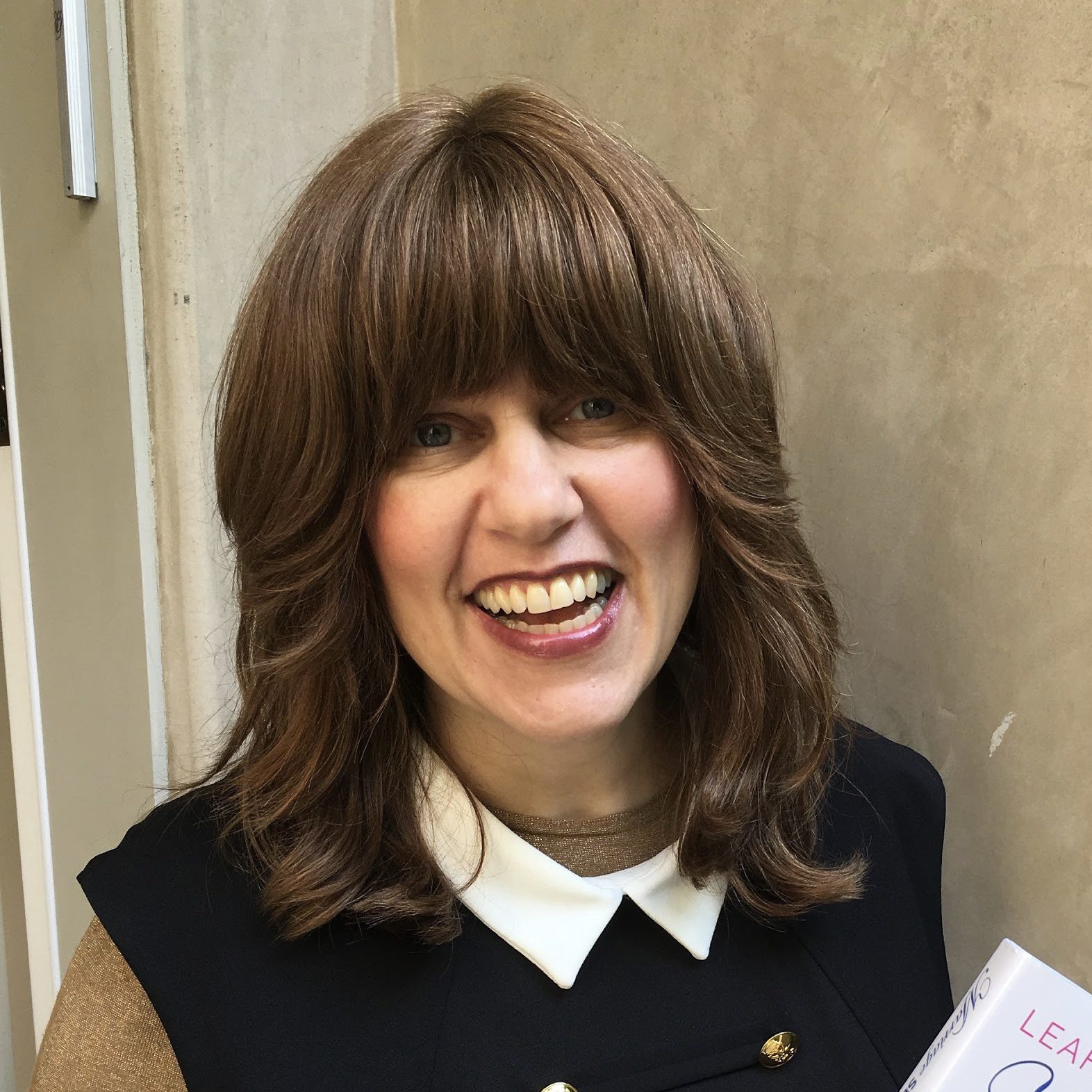Small Things, Big Impact

Meet three women who were surprised and gratified to discover small changes that could dramatically improve their relationship with the most important person in their lives

S uccess was always my goal — and to my pleasant surprise I achieved it in many areas. Then I got married. My husband was wonderful but I didn’t feel very successful in my marriage. What had gone wrong?
I turned to our Torah mesorah for shalom bayis insights. Suddenly, I had the keys: to being a cherished wife, having a happy husband, and building a blissful marriage. This learning curve inspired my quest to make shalom bayis a priority in every Jewish home. Women were surprised and gratified to discover small changes that could dramatically improve their relationship with the most important person in their lives. Meet three of these women, and learn the secrets they mastered. (All names and details have been changed to protect privacy.)
Un-phony Support
Baila ran a kindergarten in her home — as well as a gemach. She took very good care of everyone around her, but gave little to herself. In my class, she seemed happy to just sit back and listen.
Until I said the following: “The Shelah Hakadosh[1] writes that: ‘A woman should follow her husband’s will over her own will, even when in her eyes it seems baffling.’ ”
Baila sat up abruptly, and several women crossed their arms, frowning at me. “Where did you get that quote from?” she demanded.
I paused, hoping to defuse the sudden tension in the room, “It’s from Shaar HaOsiyos.”
“But we’re supposed to be an eizer k’negdo, helpmate opposite our husband!” Baila said. “How can you say we’re supposed to just go along with his crazy schemes? We’re meant to guide him on the correct path.”
Nods all around the room.
“So what do you think the Shelah meant?” I asked.
Baila furrowed her eyebrows. “I don’t know. But I was taught that our job is to speak up when we have insights about something. That women have binah yeseirah, and need to use it to help their husbands.” More nods.
I stepped away from the podium and sat in a chair nearer to the group. “Let’s examine this. How do we make sense of these two opposing concepts? And more importantly, how do we know what to do in a particular circumstance when it seems the prescribed actions are mutually exclusive? Do we follow our husband’s will, or do we act like a helpmate opposite him?”
No one seemed to know the answer, and I prayed that the answer I was about to give would be heard.
“Baila,” I began, “Without speaking lashon hara, can you tell us what you mean when you said, ‘go along with his crazy schemes’?”
“My husband already told many people about his plans, so I’m sure I can repeat it. He wants to buy a thousand cell phones from China and sell them here in America. He’s in real estate and knows nothing about this business, and we certainly don’t have that kind of money to gamble.”
“I hear. So what did you do?”
“I told him it’s crazy. But he won’t listen.”
“Okay, last week we discussed the fact that often, it’s not what you say, it’s how you say it.”
“Yeah, well, I wasn’t here last week,” Baila said. “So I probably said it too harshly. But come on, cell phones from China?”
Oops! We could not locate your form.












